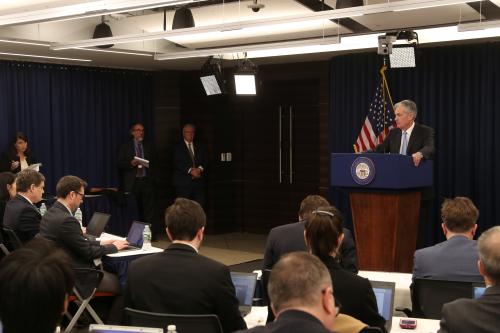The Brookings Institution is committed to quality, independence, and impact.
We are supported by a diverse array of funders. In line with our values and policies, each Brookings publication represents the sole views of its author(s).

Research
BPEA | 1982 No. 11982, No. 1
ECONOMIC developments during the past year were distinctly unkind to the nostrums of monetary economists. The phenomenal growth of negotiable orders of withdrawal (NOW accounts) and money market mutual fund shares and, more recently, the emergence of retail sweep accounts reopened questions about the stability of money demand and the value of monetary aggregates as intermediate targets. The stubborn persistence of high interest rates in the face of unwinding inflation and deepening recession puzzled many economists. Observing the continued volatility of both interest rates and money, some critics of the Federal Reserve’s new operating procedures concluded that short-run monetary control was receiving too little attention while other critics concluded just the reverse.